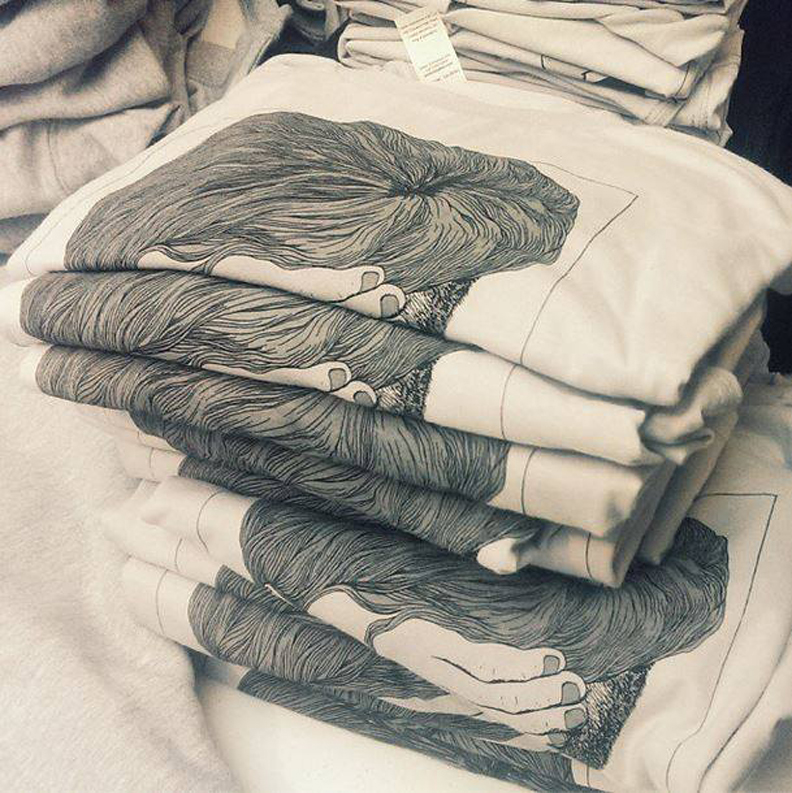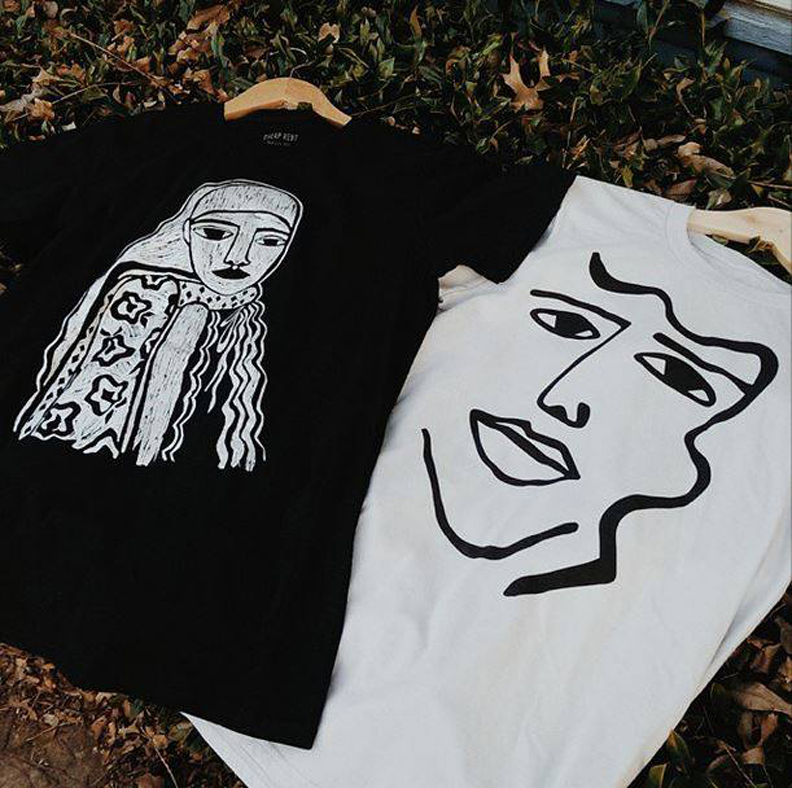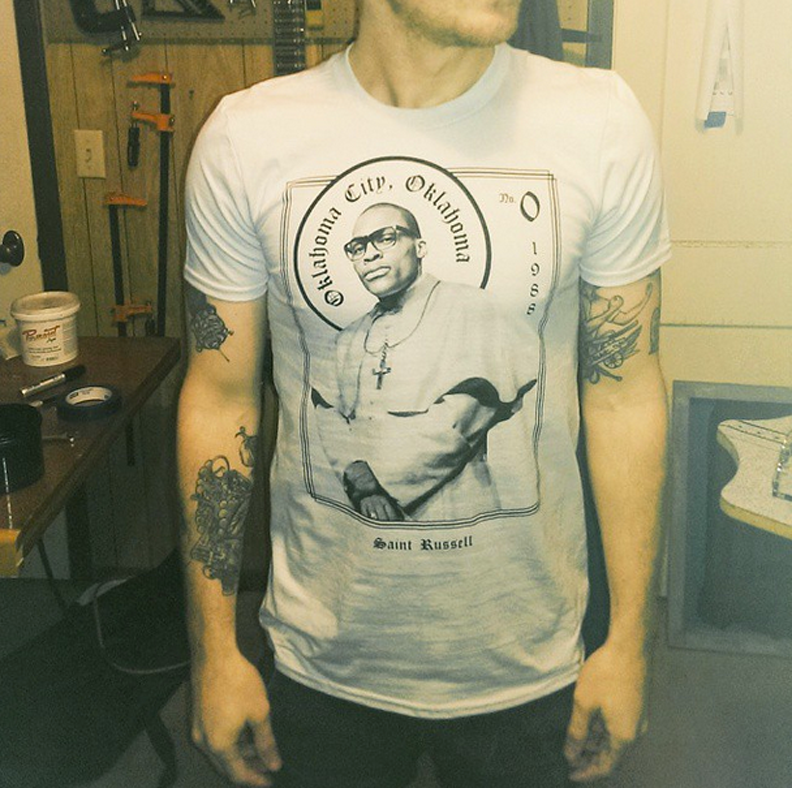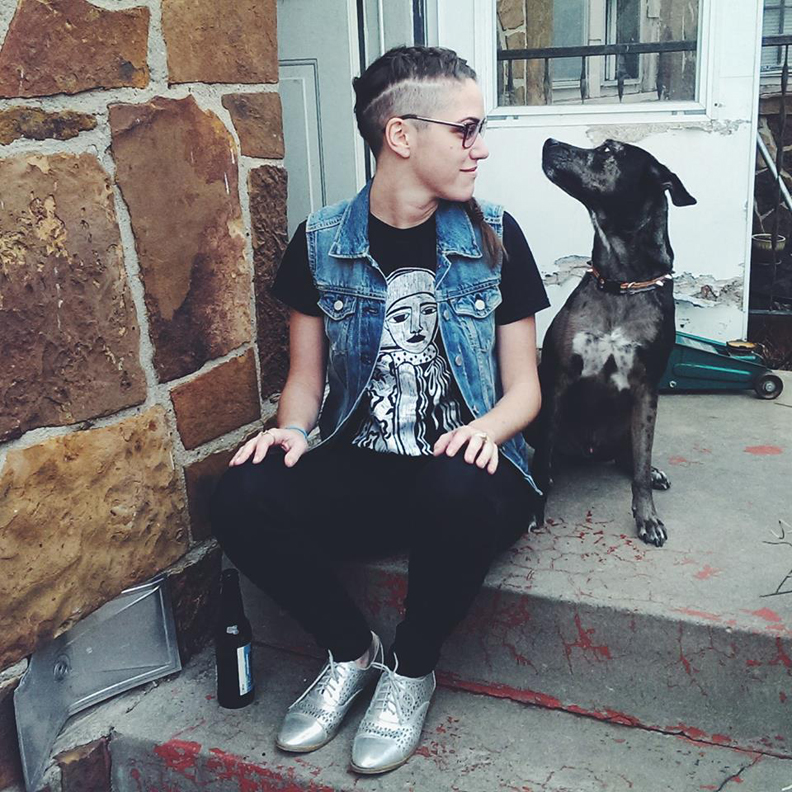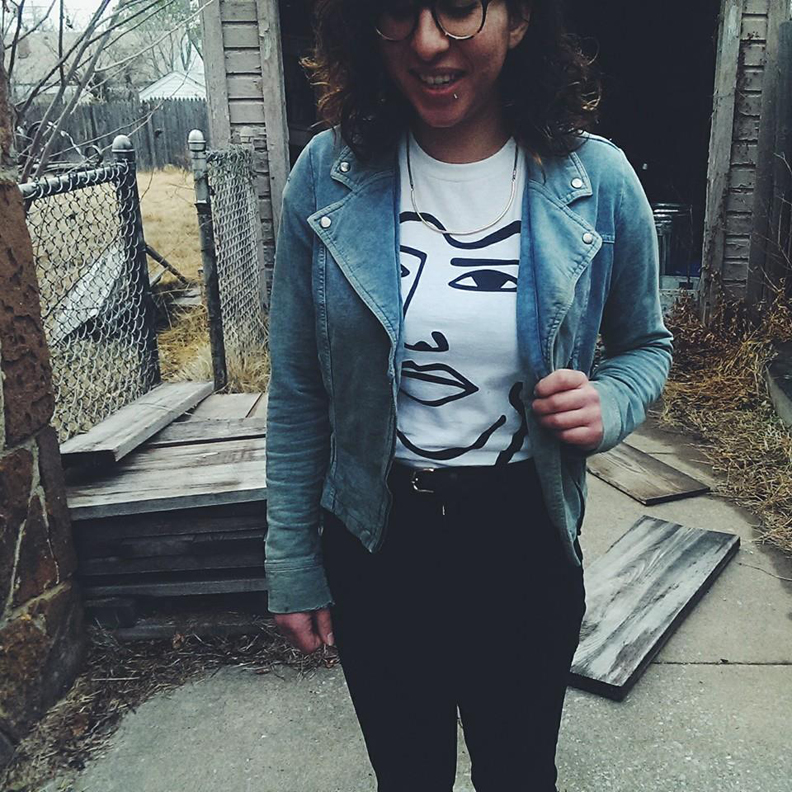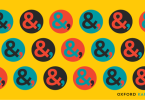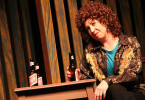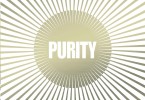Cheap Rent isn’t your average printshop. Sure, it celebrates Oklahoma, but you don’t necessarily see that pride manifested in the designs themselves — at least not in the obvious ways. There’s no crimson and cream, no blue and orange. You won’t find the collective co-opting Native culture or any goddamn buffalos. Daniel Giles Helm, Melissa Gray, and Tate James — the three founders behind Cheap Rent — want to bring a new look and philosophy to the market and are doing so with eye-popping designs culled from local artists (including Olivia Gibb and Garrett Young), the first batch of which debuted in December.
Oxford Karma talked to Helm, Gray, and James about what got the shop off the ground, their hesitance to put a buffalo on it, and how easy it is to a buy a gun.
Oxford Karma: Where did the idea for this printshop/clothing brand kind of come about? And what brought it to fruition?
Helm: Well, we’re all into printmaking and pretty things, and none of us had ready access to a printshop in Oklahoma City, so we figured this would be a good way to fund it. Printshops are notoriously expensive to set up and maintain, and we’d all had various ideas for printing, so we figured putting together a proper shop would just be the way to go.
James: All three of us have studied printmaking in some capacity (thanks Curtis [Jones]!), and I think we were mostly looking for an excuse to set up a full shop that we could use for our own work. Daniel and I have been working almost completely in a digital realm for the past two years, so I think we were just excited to start moving in a more hands on direction.
OK: How did you all come to know each other?
Gray: It’s my boyfriend and his boyfriend.
James: Daniel and I used to steal pizza from a church and watch Battlestar Galactica in college, and a few years later I think he and Melissa fell in love while she was doing his make up at the Shit Shack.
Helm: I suppose I’m the common thread, as Tate is my business partner and Melissa is my life partner. Tate and I have worked on projects together since we first met in Norman years ago.
OK: How’d the name Cheap Rent come about? And what made it feel like the right descriptor for what you are doing as a clothing brand/printshop?
Helm: Our original shop was going to be in a rundown shed, but the name stuck because we didn’t hate it as much as anything else we came up with. We weren’t going to have some stereotypical Oklahoma-themed name, and to me it’s more central to concepts I see as Oklahoman than most of that other stuff. Everyone likes it and most people, when being honest, list it as a reason for staying here.
James: When I try to describe what it’s like living in Oklahoma to people who have never been here, we usually either end up talking about how easy it is to buy a gun or how cheap the rent is.
OK: There’s a Russell Westbrook shirt up there, but short of that, there isn’t that obvious Oklahoma symbolism and imagery that is so heavy in a lot of the other clothing brands around the area. Do you think it’s important to have something that is informed by Oklahoma culture or, at the very least, made by Oklahoma artists without being so overt about it?
Gray: That Oklahoma stuff is boring. It is a turn-off and seems like statism, and I don’t identify with that. I want to see and promote artists and their work, not the racist state government, or some colonialist symbol, or some sports corporation.
Helm: I think not being overt is wonderful. We’re Oklahomans, so it’s impossible for our work to not be informed by that. I’m not really a dogmatic person or into nationalism, so it’s more about making things I care about with people I care about. If we have an awesome artist that wants to put a buffalo on a shirt, I’m open to it, but there’s more interesting stuff out there to me. I guess the idea of another state seal variation in Thunder colors is just boring to me at this point. Also, fuck appropriating Native cultures so you can have a fashion accessory, obviously.
James: We are all from Oklahoma so a lot of the people we want to collaborate with have ties to the state, and some of the stuff we make may be influenced by our physical surroundings in some way. That’s about as far as it goes. None of us watch sports or anything. Just because something is from the state you happen to live in doesn’t mean it’s inherently the coolest thing in the world.
OK: What sort of artists are you attracted to working with?
Helm: Not surprisingly, I like working with friends and artists whose work I like. Artists with interesting processes are fun to work with too. Since I do a lot of the digital preparation for artwork, it’s a rewarding sort of challenge to take artwork that has lots of character from the original medium, say a wood cut or watercolor, and transform it to work in the context of a shirt.
James: People who need to pay rent, too.
OK: You hosted a house show as kind of your launch event with your designs for sale, artworks by your designers and some performances. Do you plan on hosting those regularly? And what sort of experiences can we expect?
James: That was mostly to let our friends know we have this new gig going, but we are planning similar events in the future. This isn’t our full-time job, so they won’t be a regularly scheduled thing — just something we do whenever we get the chance. Expect the upper-crust of this town’s under-crust.
Gray: I would love to organize events regularly. Hopefully, the experiences will change depending on the artists we are working with at that particular time.
Helm: Yeah, perhaps not always in our home, but it was a lot of fun hanging the shirts in the context of each artist’s work. I like the idea, too, of someone being able to show up and support our project, even if they don’t like shirts or think $20 is a rip-off.
OK: How do you see yourselves evolving as a brand from here?
Helm: I want to go a lot weirder and more ambitious than merely t-shirts. I’m hoping to build a rig to print on fabric right off the bolt soon, so handmade home goods hopefully aren’t too far off.
Gray: I think Cheap Rent wants to be printmaking and working with artists and hopefully that can mean more than just printing on t-shirts. I personally want to print fabric for clothes constructed by us, as well for domestic items.
James: I think we all have pretty different ideas on what Cheap Rent is or can be, which means I have no idea what it will look like in the future. Hopefully we can get it to pay some bills.
OK: What sort of plans do you have heading into the rest of 2015?
Helm: We’re printing a set of editions for Ross Fest 2015, are tackling client work (yes, we take client work!) and have started to contact artists for our next show. There’s plenty to be done, but like most things, a lack of ambition isn’t our limiting factor.
Like Cheap Rent on Facebook, follow them on Instagram and buy their shirts here.


